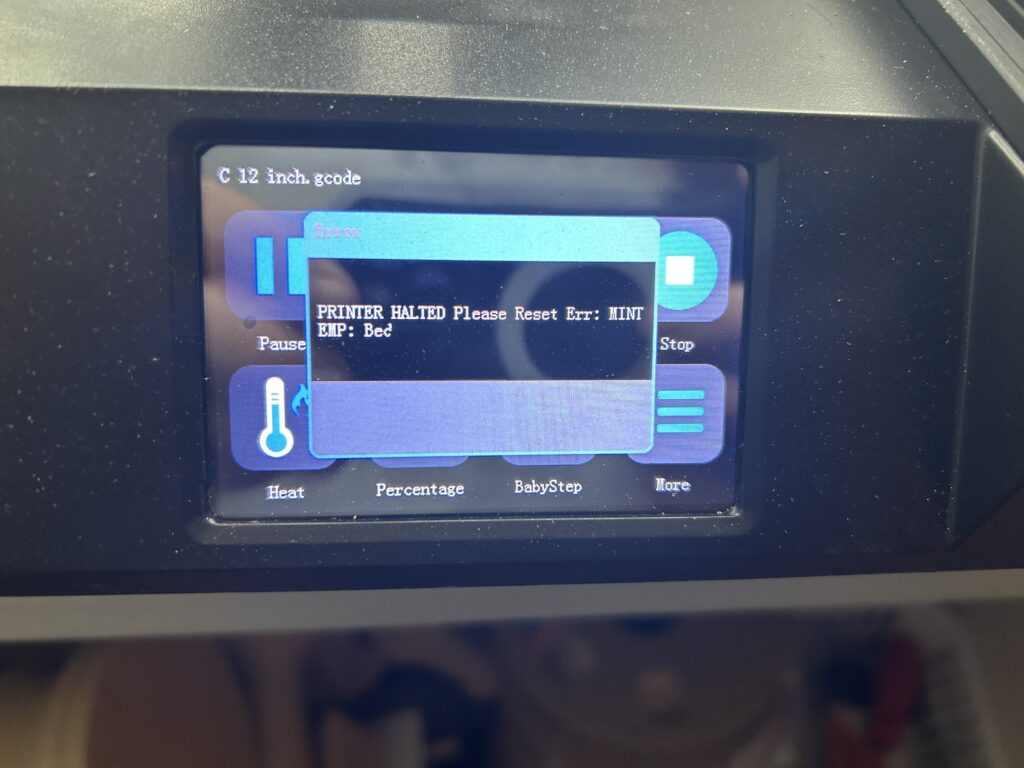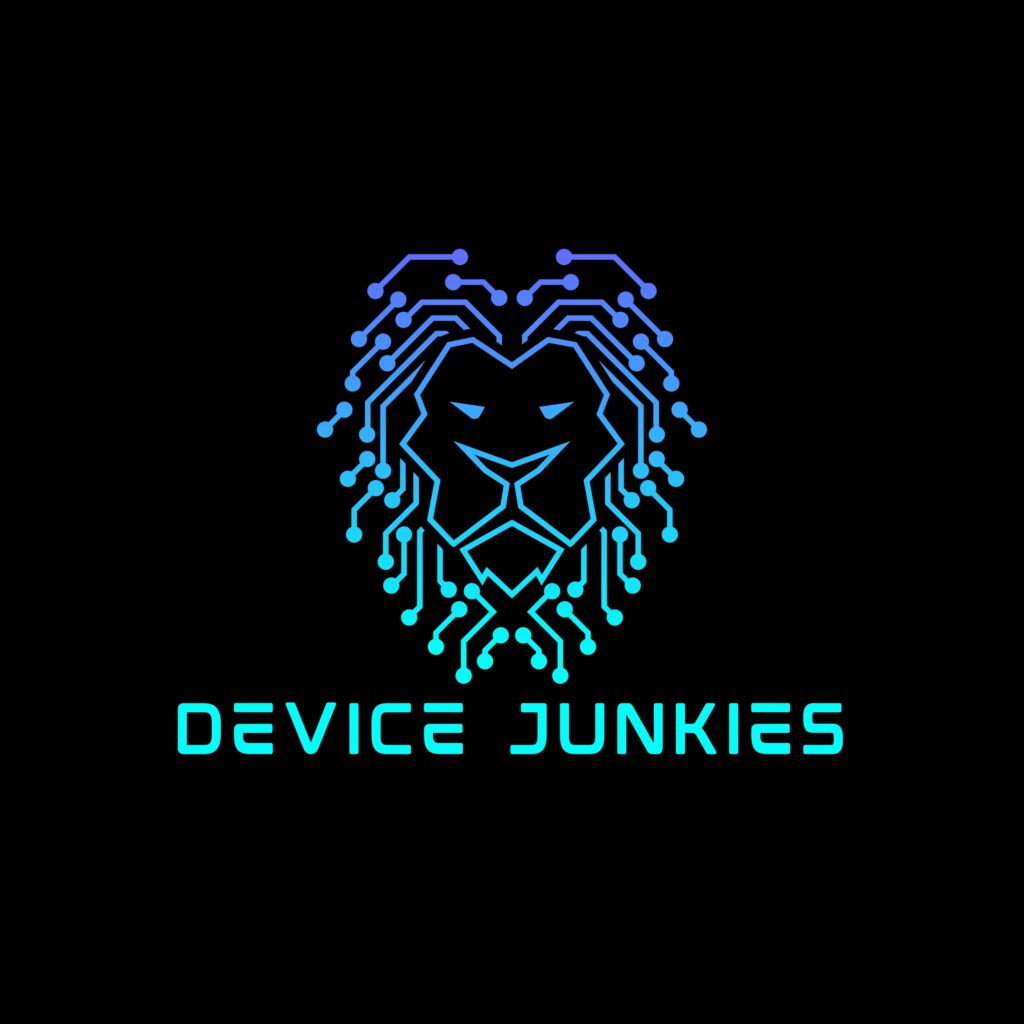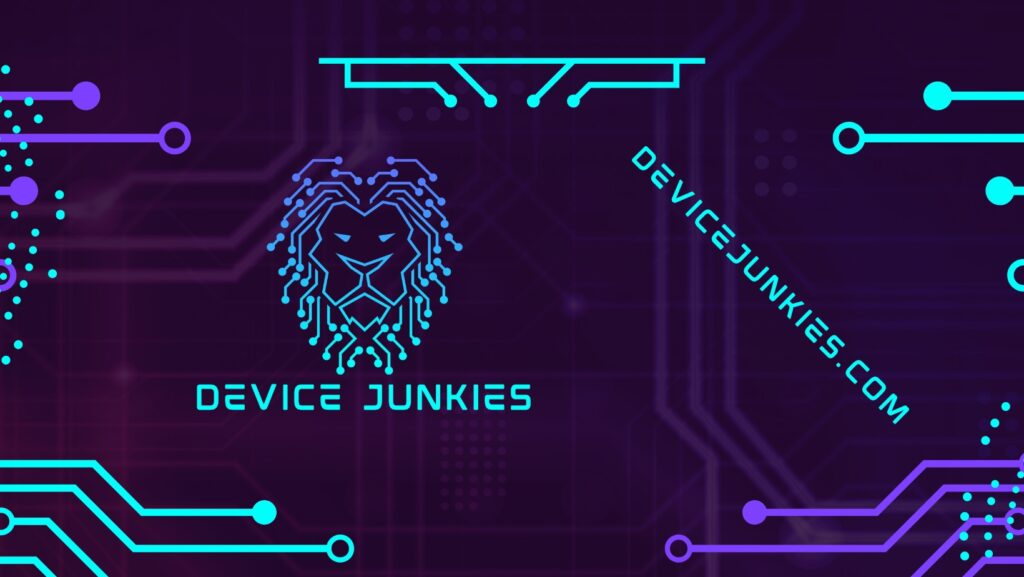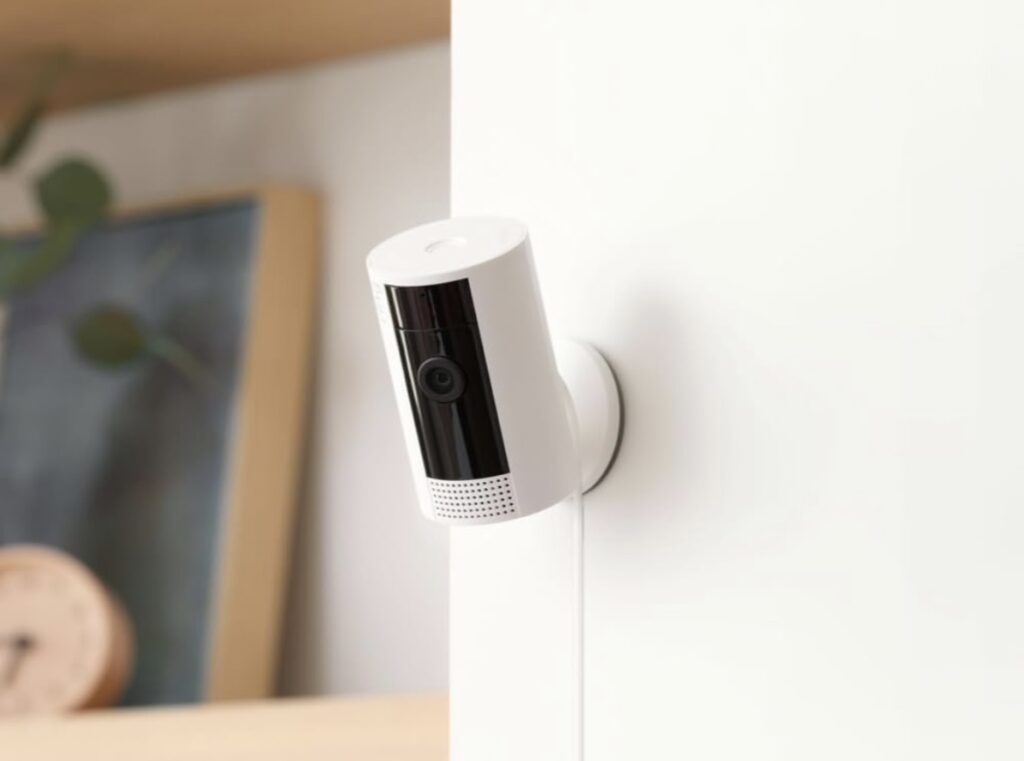In our fast-paced digital world, technology has become an integral part of our lives. From smartphones to tablets and laptops, we’re constantly surrounded by screens and gadgets. While these devices offer countless conveniences, they may also be the silent culprits behind your sleepless nights. In this article, we’ll delve into the impact of technology on your sleep and provide practical solutions to help you regain your peaceful slumber.
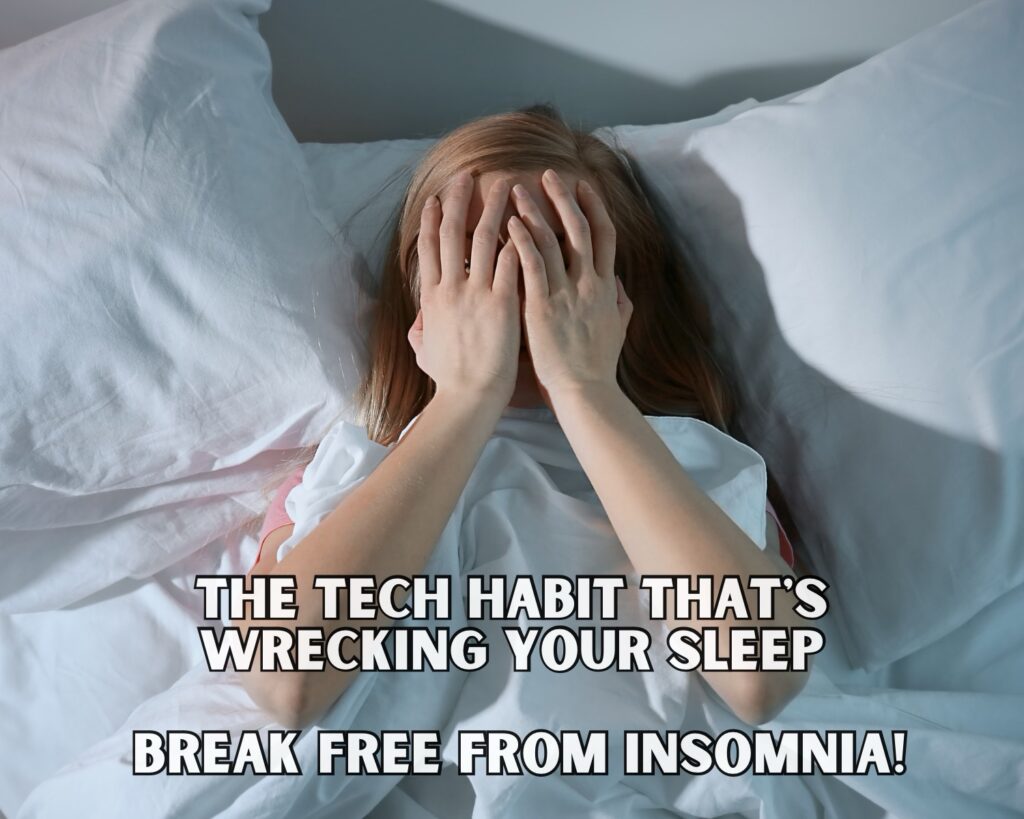
In the hustle and bustle of modern life, quality sleep often takes a back seat. However, understanding the connection between your tech habits and insomnia can be the first step toward a better night’s sleep. So, let’s embark on a journey to uncover the secrets behind this digital-age dilemma and explore effective strategies to break free from the tech-induced insomnia trap.
Join us as we unravel the science, share real-life experiences, and offer expert insights to help you bid farewell to sleepless nights and embrace the restorative power of a good night’s sleep. It’s time to reclaim your well-deserved rest and wake up rejuvenated, ready to conquer the day.
The Digital Age Dilemma
In the age of technology, our lives have become intertwined with screens and gadgets. Our daily routines often include checking smartphones, browsing the internet, or watching television. While these activities offer numerous benefits, there’s a downside, especially when it comes to our sleep.
Effective Natural Remedies for Insomnia can be a valuable resource for those seeking natural solutions to insomnia. Research has shown that excessive screen time before bedtime can disrupt our sleep patterns. The culprit here is the blue light emitted by screens, which mimics daylight and suppresses the production of melatonin, the hormone responsible for regulating our sleep-wake cycle.
As a result, many of us find it harder to fall asleep or experience restorative sleep. In this section, we’ll explore the prevalence of this digital-age dilemma and its implications for our sleep quality.
How prevalent is the issue of excessive screen time?
Studies indicate that over 90% of adults use electronic devices before bedtime, contributing to sleep disturbances.
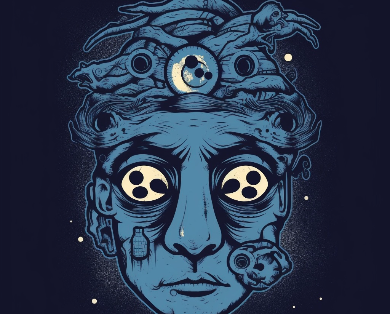
Understanding Insomnia
Before we delve deeper into the tech-sleep connection, it’s essential to grasp the concept of insomnia. Insomnia is a common sleep disorder that affects millions of people worldwide. It’s characterized by difficulty falling asleep, staying asleep, or experiencing restorative sleep.
Understanding Neck Pain and Dizziness can provide valuable insights into related health issues. Insomnia isn’t solely caused by technology; it can result from various factors, including stress, medical conditions, and lifestyle habits. However, in our digital age, excessive screen time has emerged as a significant contributor to this sleep disorder.
Chronic insomnia can take a toll on your physical and mental health, leading to daytime fatigue, mood disturbances, and impaired cognitive function. It’s crucial to identify its causes and explore effective solutions to improve sleep quality.
Can technology really cause insomniac?
Yes, excessive screen time before bed disrupts melatonin production, making it harder to fall asleep, which can contribute to insomnia.

How Does Blue Light Affect Our Sleep?
In our modern world filled with screens and devices, the impact of blue light on our sleep has become a pressing concern. How exactly does this ubiquitous light disrupt our natural sleep patterns, and what can we do about it?
Blue light, emitted by screens, mimics the natural daylight that keeps us awake and alert during the day. When we expose ourselves to screens, especially before bedtime, it sends signals to our brain that it’s still daytime. This tricks our internal clock and delays the release of melatonin, the hormone responsible for making us feel sleepy.
The consequences are clear: we find it harder to fall asleep, and when we do, the quality of our rest is compromised. The detrimental effects of blue light on our sleep are undeniable, making it crucial to limit screen time, especially before bedtime.
What can we do to counteract the effects of blue light on our sleep?
To mitigate the impact of blue light, experts recommend reducing screen time before bedtime, using blue light filters on devices, and creating a sleep-friendly environment. These strategies can help improve sleep quality in our tech-driven world.
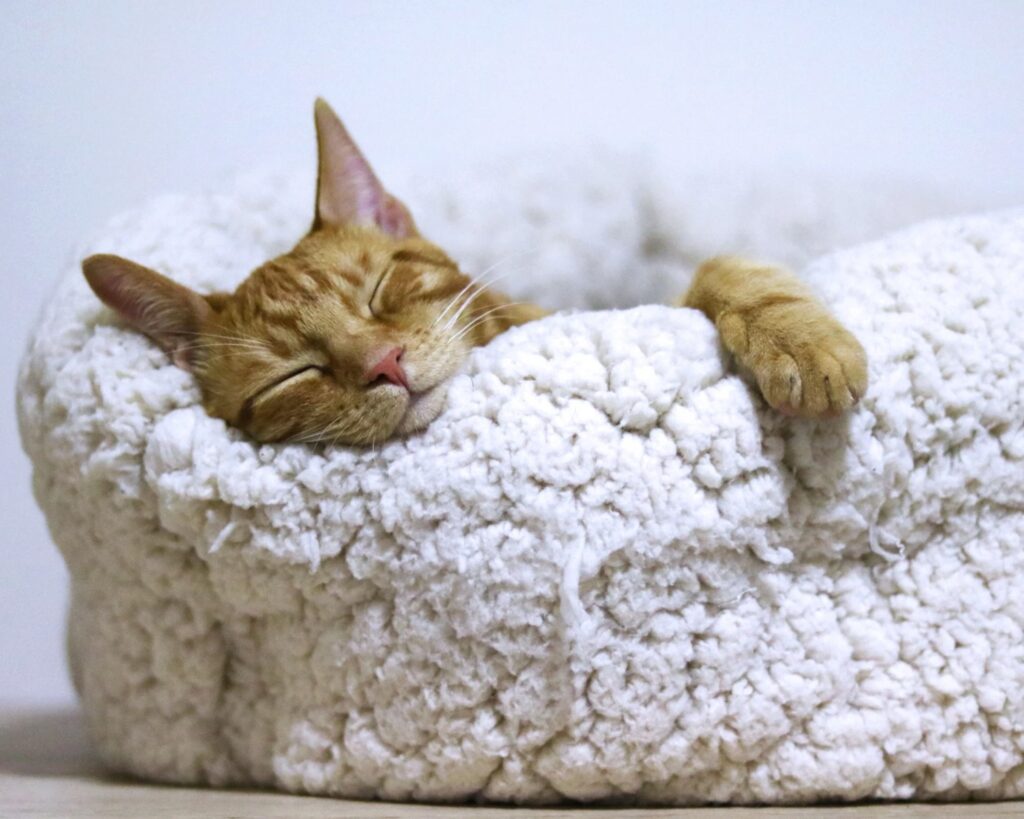
What Are the Consequences of Poor Sleep Quality?
Poor sleep quality isn’t just about feeling tired during the day; it has far-reaching consequences on our overall well-being. How does inadequate sleep affect our physical and mental health, and why should we be concerned about it?
When we consistently experience disrupted sleep due to excessive screen time or other factors, our immune system weakens. This can increase our susceptibility to illnesses and make it harder for our bodies to recover.
Furthermore, chronic insomnia has been linked to mental health issues such as depression and anxiety. It can affect our mood, cognitive function, and ability to cope with stress. In essence, a lack of quality sleep can have a profound impact on our daily lives and long-term health.
Understanding the toll that poor sleep quality takes on us underscores the importance of addressing the tech-sleep connection and finding effective solutions.
How can we improve sleep quality and mitigate these negative effects?
Exploring strategies to limit screen time before bed, creating a sleep-conducive environment, and considering natural remedies for insomnia are steps in the right direction to enhance sleep quality.
Identifying Your Tech Habits
Breaking free from the tech-induced insomnia trap starts with self-awareness. What are your tech habits before bedtime, and how do they impact your sleep? Let’s take a closer look at the importance of identifying these habits and the common culprits that disrupt our slumber.
How can we assess our tech habits and their effects on sleep?
We can start by keeping a sleep journal, tracking our screen time, and noting how we feel upon waking. This self-assessment can reveal patterns that need adjustment for better sleep.
Strategies for Breaking Free
Now that we’ve recognized the issue and our tech habits, it’s time to explore practical solutions for breaking free from the tech-induced insomnia trap. What steps can we take to reduce screen time before bedtime and create a soothing sleep environment?
What are some effective strategies for reducing screen time and improving sleep quality?
Strategies include setting tech-free bedtime routines, using blue light filters on devices, and engaging in relaxation techniques like meditation or reading.
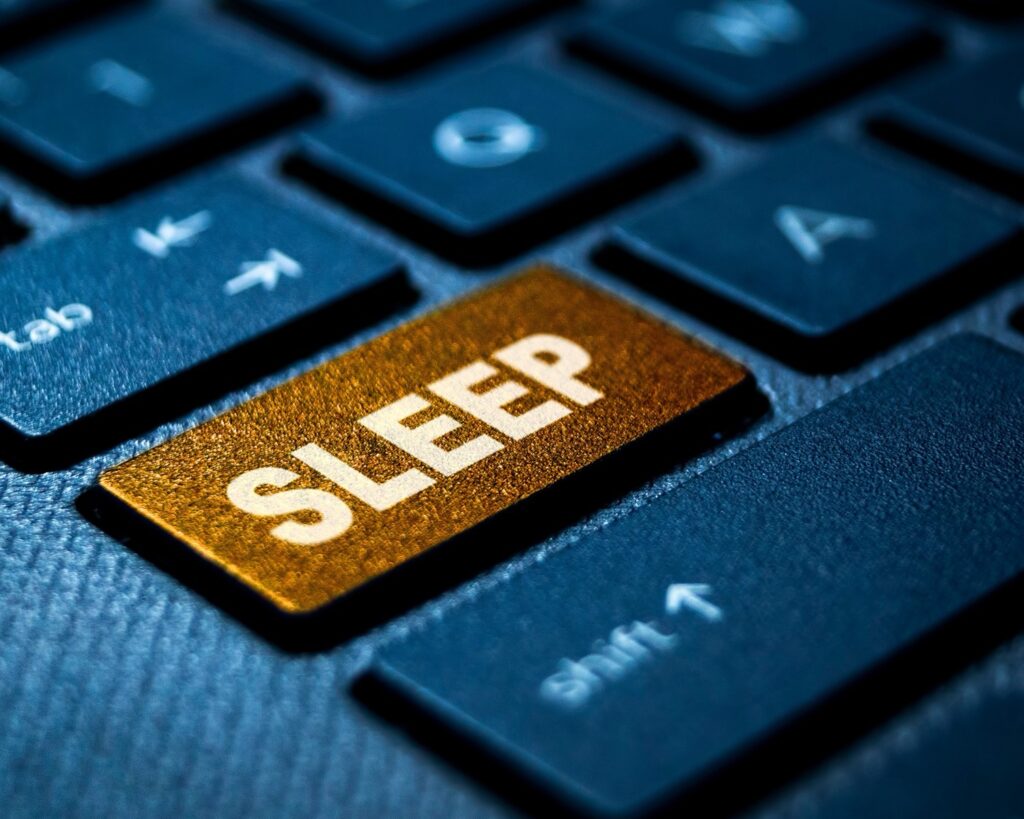
Creating a Sleep-Friendly Environment
Optimizing your sleep environment is another key factor in enhancing sleep quality. How can you make your bedroom conducive to restful nights and minimize sleep disruptions?
What changes can we make to our sleep environment to improve sleep quality?
Adjusting lighting, temperature, and noise levels, along with investing in a comfortable mattress and pillows, can create a more sleep-friendly atmosphere.
Technological Solutions
While technology can contribute to sleep disturbances, it can also offer solutions. What tech tools and apps are available to assist in improving sleep quality?
Are there any technological solutions that can help us sleep better?
Yes, there are apps and devices designed to track and enhance sleep, from white noise machines to sleep trackers and smart thermostats.
Real-Life Success Stories
To inspire and motivate you on your journey to better sleep, let’s hear from individuals who successfully improved their sleep by making changes to their tech habits and sleep environments.
How have real people overcome tech-induced insomnia and achieved better sleep?
We’ll share stories of individuals who transformed their sleep quality through practical changes, offering real-life examples of positive outcomes.
In our technology-driven world, where screens and gadgets are ubiquitous, it’s essential to recognize the impact of our tech habits on sleep quality. The consequences of poor sleep are far-reaching, affecting our physical and mental health.
However, by identifying our tech habits, implementing effective strategies, optimizing our sleep environment, and considering technological solutions, we can break free from the tech-induced insomnia trap.
Remember, you have the power to reclaim your well-deserved rest and wake up rejuvenated, ready to conquer the day. So, take the first step towards better sleep tonight, and bid farewell to sleepless nights forever.
As an Amazon Associate we earn from qualifying purchases through some links in our articles.

